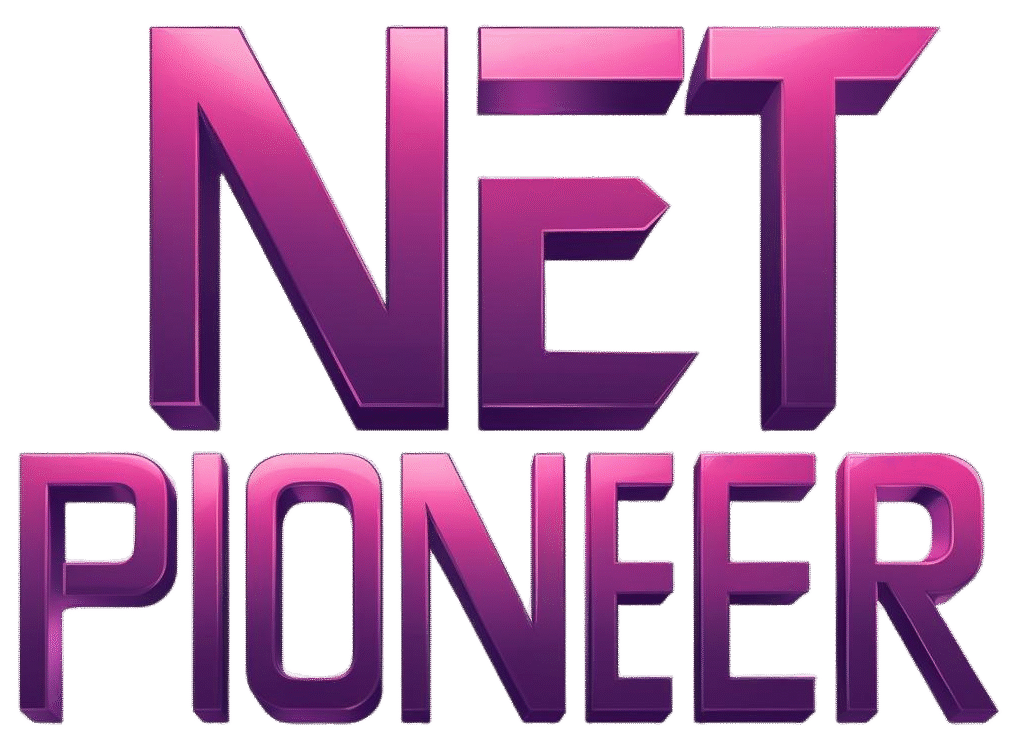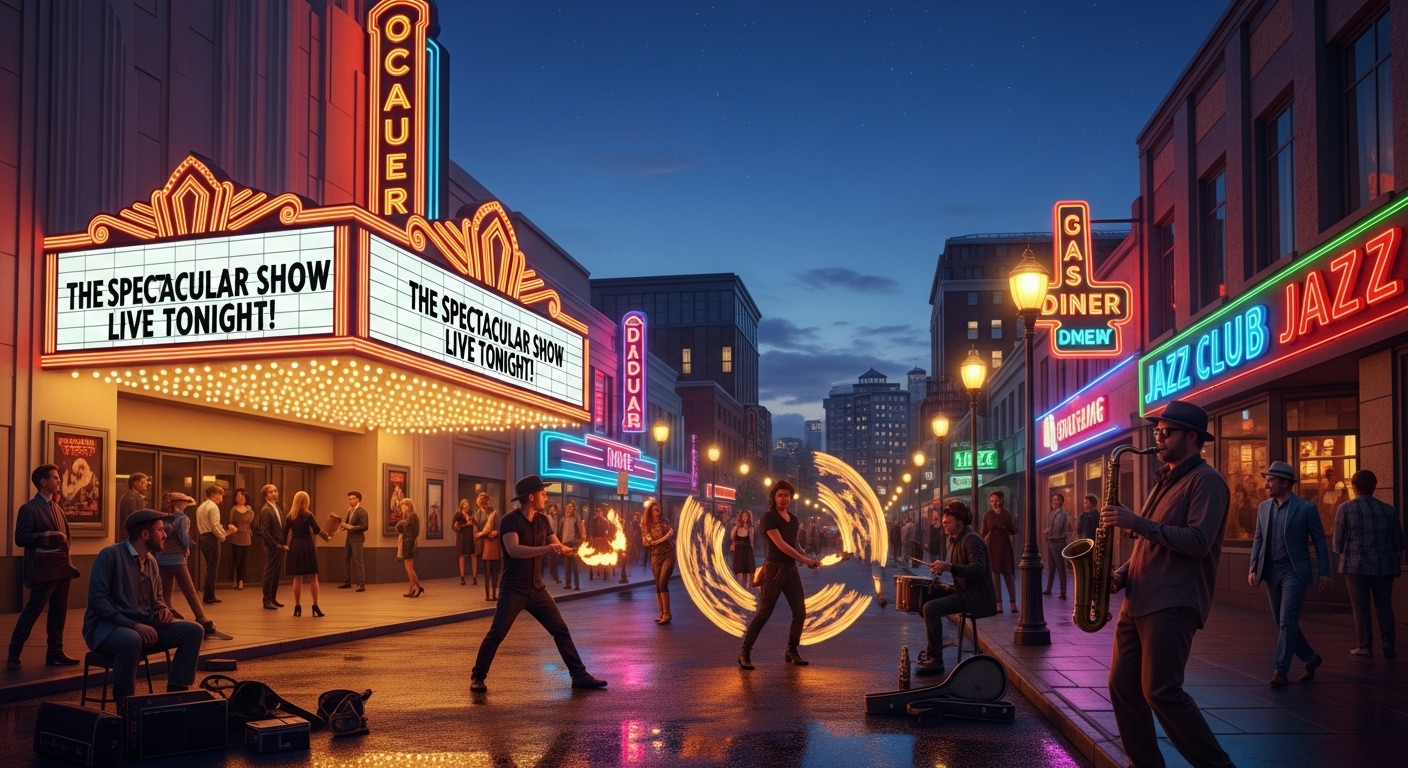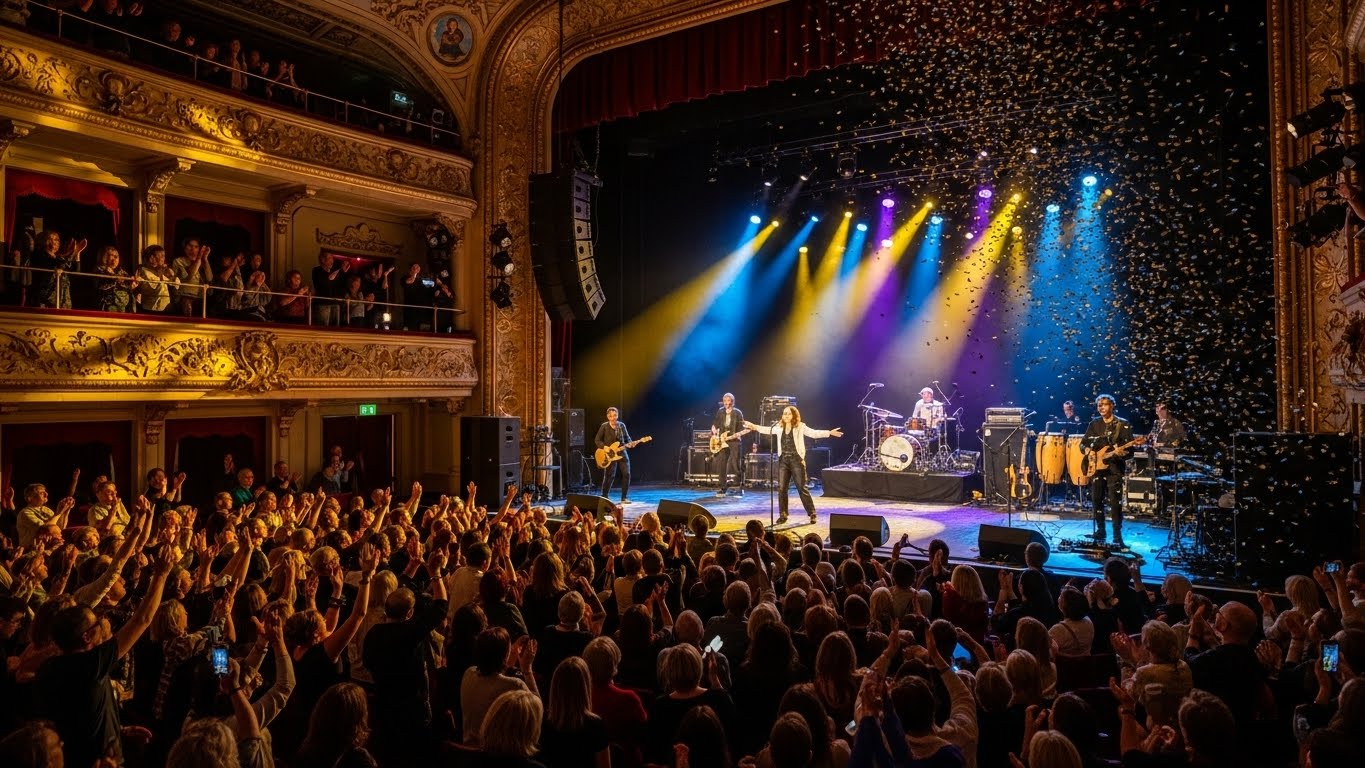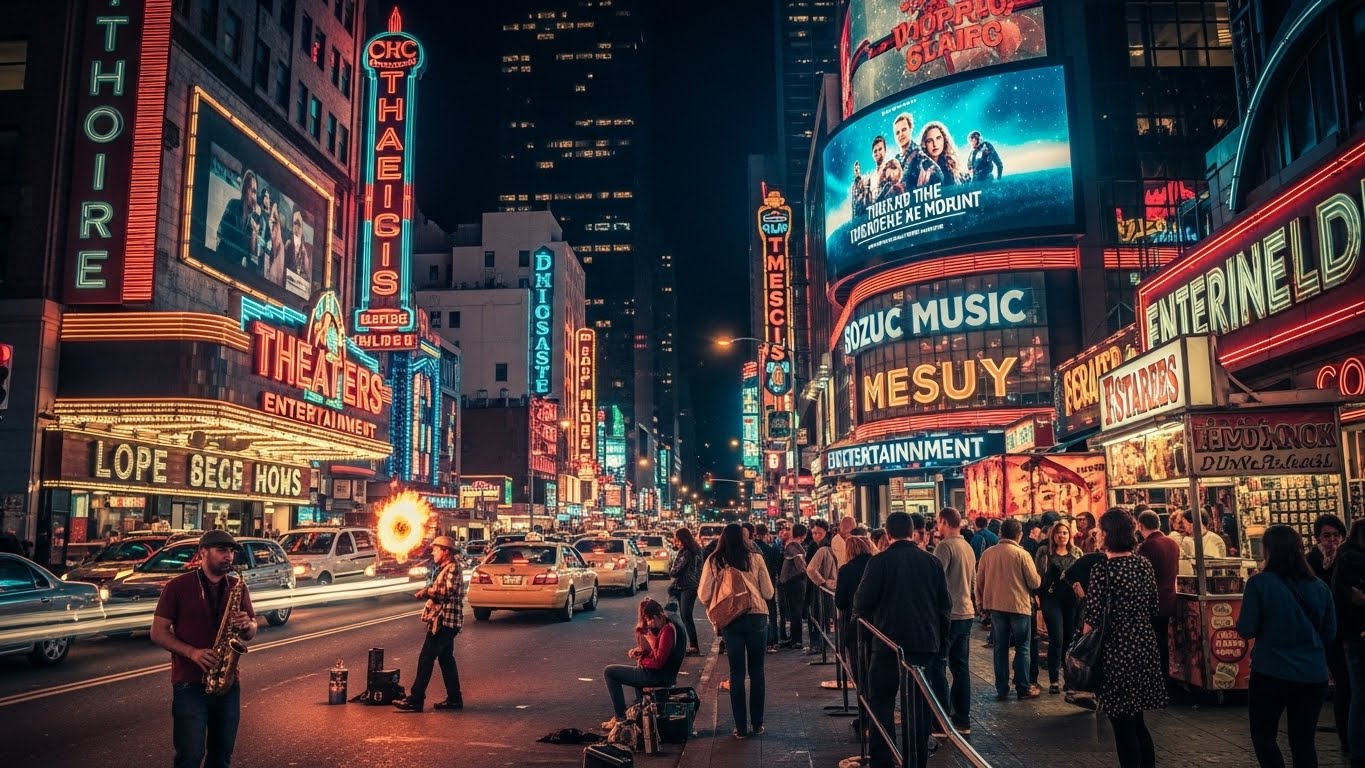Entertainment has been an inseparable part of human life for centuries. It is more than just a means of passing time; it reflects culture, human emotion, and societal values. Throughout history, people have sought ways to amuse, inspire, and connect with each other. Entertainment has evolved from simple storytelling to elaborate theatrical performances, from live music to the global reach of cinema and streaming platforms. Today, it continues to grow, blending creativity, technology, and culture in ways that are constantly redefining the experience of enjoyment.
The Origins of Entertainment
The roots of entertainment stretch back to the earliest human civilizations. Before the advent of written language, storytelling around a fire was one of the first forms of amusement. Ancient humans shared tales about survival, nature, and myths, and these narratives shaped culture and values. Music, dance, and drama emerged alongside these stories, enriching the human experience.
In ancient societies, entertainment often served both social and spiritual purposes. In Egypt, performances were held to honor gods and celebrate significant events. The Greeks developed theater as a form of storytelling that explored human morality, politics, and emotion, leaving a legacy that continues to influence modern plays and films. The Romans, meanwhile, created grand spectacles in arenas, using entertainment to captivate and control the public, blending sport and performance into a cultural ritual.
Entertainment during medieval times was equally diverse. Festivals, fairs, traveling troupes, and street performances offered amusement while reflecting local traditions and folklore. Storytelling, music, and visual spectacle were intertwined with the communal life of the era, creating a shared cultural experience. Across continents, from Asian puppet theaters to African drumming and dance, entertainment became a universal form of human expression.
The Birth of Modern Entertainment
The industrial and technological revolutions marked a turning point in entertainment. Inventions such as photography, the phonograph, and the motion picture camera changed how stories were shared. Cinema became a revolutionary medium, providing immersive experiences that could be reproduced and distributed to mass audiences. Silent films relied on expressive performances, visual storytelling, and music, captivating audiences worldwide. The introduction of sound in films expanded the emotional depth and storytelling possibilities, establishing cinema as a dominant form of entertainment.
Parallel to cinema, the music industry underwent transformation with the advent of recording technology. The ability to capture and reproduce sound allowed musicians to reach audiences far beyond live performances. Jazz, classical, rock, and pop music all grew in popularity as recordings and radio broadcasts made them accessible to people around the world. Music, like cinema, became not only a source of amusement but also a powerful cultural force, influencing fashion, lifestyle, and social movements.
Television and the Shared Experience
Television revolutionized entertainment in the mid-20th century. It brought stories, news, and live events directly into homes, creating a shared cultural experience. Families gathered to watch popular shows, sporting events, and broadcasts, establishing television as both a source of entertainment and a unifying social force.
Television also became a platform for creativity and innovation. Comedy, drama, and variety shows flourished, shaping public taste and culture. It provided new opportunities for actors, writers, and directors, creating a global entertainment ecosystem. The shared experience of watching television also played a role in shaping national and international identity, connecting audiences across cities, countries, and continents.
The Digital Revolution
The digital era transformed entertainment in ways previously unimaginable. The internet broke geographical barriers, allowing instant access to information, media, and interactive experiences. Streaming platforms revolutionized how people consume content, enabling on-demand access to movies, series, music, and live events. This convenience shifted the power from traditional broadcasters to consumers, giving audiences control over what they watch, when, and how.
Social media further blurred the line between creators and consumers. Platforms emerged that allowed anyone to share videos, music, or commentary, turning audiences into active participants. Influencers became a new kind of celebrity, connecting with followers on a personal level and reshaping how fame and entertainment function in society. This democratization of creativity has created a more interactive and participatory form of entertainment, where global audiences can influence trends and share experiences instantly.
The Rise of Video Games and Interactive Media
Video games are among the most significant innovations in contemporary entertainment. Starting as simple arcade experiences, gaming has evolved into an industry that rivals cinema in both revenue and cultural impact. Modern video games offer complex narratives, cinematic graphics, and immersive gameplay that engages players emotionally and intellectually.
Gaming also has a social component. Online multiplayer games connect people across the globe, creating communities and even professional careers. Esports, competitive gaming at a professional level, has gained international recognition, drawing large audiences to tournaments and live streams. For many, gaming is more than a pastime—it is a cultural phenomenon, a platform for storytelling, competition, and creativity.
Streaming and the Era of Choice
Streaming services have completely changed the entertainment landscape. No longer are viewers restricted to schedules or physical locations. Films, series, music, and documentaries are now accessible anywhere, anytime. This freedom has increased content consumption and created a global platform for diverse storytelling.
The abundance of options also presents challenges. With so much content available, audiences often rely on algorithms to recommend personalized entertainment experiences. While this personalization improves accessibility, it also raises questions about cultural homogenization and the narrowing of exposure to new ideas. Nevertheless, streaming has revolutionized the way people engage with entertainment, emphasizing choice, convenience, and diversity.
Storytelling at the Heart of Entertainment
Regardless of medium, storytelling remains the essence of entertainment. Stories connect people, evoke emotions, and provide insight into the human experience. Whether through films, books, video games, or music, narrative forms engage audiences by creating empathy, suspense, and reflection.
Timeless stories often explore universal themes—love, ambition, struggle, and morality. They allow audiences to see the world through different perspectives, understand diverse cultures, and reflect on personal experiences. Entertainment is not just diversion; it is a medium for education, inspiration, and social commentary.
Celebrities and Cultural Icons
In entertainment, personalities often shape public perception and influence culture. Movie stars, musicians, and public figures become symbols of trends, ideals, and movements. Their work extends beyond their art, impacting fashion, behavior, and even social values.
The rise of social media influencers has shifted the nature of celebrity. Unlike traditional stars, influencers cultivate intimate, interactive relationships with their followers, creating a more direct connection. These personalities reflect a changing entertainment culture—one that values relatability, authenticity, and constant engagement alongside traditional performance and artistry.
The Fusion of Technology and Creativity
Modern entertainment is inseparable from technology. Virtual reality and augmented reality have created immersive experiences that go beyond traditional viewing. VR allows users to inhabit virtual worlds, while AR blends digital elements with real-life environments. These technologies expand the creative possibilities for artists and audiences alike, creating a new dimension of engagement.
Artificial intelligence is also redefining creativity. AI can generate music, scripts, visual art, and even interactive experiences, acting as a collaborative tool for human creators. While AI sparks debates about originality and authorship, it undeniably enhances the potential for innovation in entertainment.
Globalization and Cultural Exchange
Entertainment has become a global phenomenon, connecting cultures and creating cross-border influences. Movies, music, and online content from different countries now reach international audiences with ease. This globalization promotes cultural exchange and understanding, while also encouraging diverse storytelling.
K-pop, anime, Bollywood, and European cinema have all found fans worldwide, demonstrating how localized culture can achieve global impact. Streaming platforms have facilitated this cultural exchange, allowing audiences to experience stories that transcend borders and introduce them to different perspectives and traditions.
Entertainment as an Industry
The entertainment industry is a massive economic engine, employing millions and generating billions in revenue annually. It encompasses not only performers but also producers, directors, writers, technicians, marketers, and countless supporting roles. Digital innovation has opened new revenue streams, including online subscriptions, advertising, merchandise, and virtual events.
Independent creators also benefit from technological advances. Crowdfunding, social media, and streaming platforms allow them to reach global audiences without traditional gatekeepers. The industry’s evolution continues to create opportunities for innovation, entrepreneurship, and creative expression.
Psychological and Social Impact
Entertainment affects human psychology in profound ways. It provides emotional relief, fosters social connection, and offers an avenue for personal expression. Laughter, suspense, and empathy all contribute to mental well-being, while interactive entertainment encourages critical thinking and strategic planning.
However, moderation is essential. Overconsumption or passive engagement with entertainment can lead to fatigue, social isolation, or distraction. Mindful consumption ensures that entertainment enriches life without becoming a hindrance to personal development or social engagement.
Live Entertainment and Shared Experiences
Despite the rise of digital media, live entertainment retains a unique appeal. Concerts, theater, comedy shows, and sports events offer experiences that cannot be replicated virtually. The shared energy of audiences, the immediacy of performance, and the spontaneous reactions of live events create memorable moments of connection and emotion.
Even in a technologically advanced era, live entertainment remains a powerful reminder of human creativity, community, and the joy of shared experience.
The Future of Entertainment
The future promises even greater transformation. Emerging technologies such as AI, VR, AR, and interactive storytelling will further blur the lines between reality and imagination. Audiences will become co-creators, shaping stories and experiences in real time. Entertainment will become increasingly immersive, interactive, and personalized, providing new forms of engagement and cultural exchange.
Globalization, combined with technological innovation, will continue to expand access and diversity. Local stories will reach international audiences, and cross-cultural collaborations will become more common. Entertainment will remain a reflection of society, adapting to social, cultural, and technological shifts while retaining its core purpose—to connect, inspire, and amuse.
Conclusion
Entertainment is not merely a form of diversion; it is an essential part of human life. It mirrors culture, expresses emotion, and connects people across time and space. From ancient storytelling to virtual reality, from cinema to video games, entertainment has evolved alongside humanity, reflecting our creativity, values, and aspirations.
At its heart, entertainment remains a celebration of human imagination. It challenges, delights, and inspires, offering both escape and reflection. As technology and creativity continue to intertwine, the future of entertainment promises experiences that are more immersive, interactive, and globally connected than ever before. It is a testament to humanity’s enduring desire to be moved, to be inspired, and to share in the joy of imagination.



